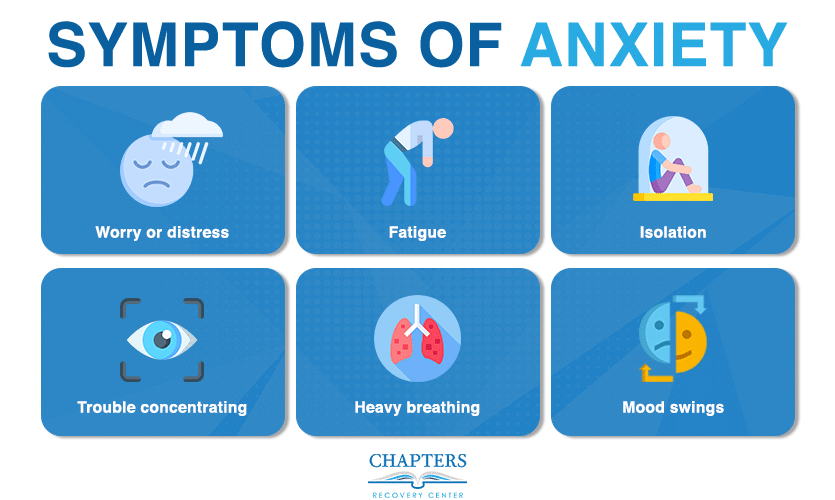Embarking on the journey of recovery from drug and alcohol abuse is a monumental step, necessitating a holistic approach for enduring success. Among the pillars of a robust recovery plan, nutrition stands as a crucial yet often underestimated component. Substance abuse often leads to nutritional deficiencies, exacerbating the physical and mental toll on an individual. Addressing these nutritional gaps is paramount in aiding the recovery process, fostering both physical rejuvenation and mental clarity.
The Vicious Cycle: Substance Abuse and Nutritional Depletion
The interplay between substance abuse and nutritional depletion forms a vicious cycle hindering the path to recovery. Drugs and alcohol severely impair the body’s ability to absorb and utilize vital nutrients, leading to a weakened immune system, diminished energy levels, and mood instabilities. Moreover, a nutrient-deficient body may intensify cravings for substances as a misguided attempt to restore balance or gain quick energy. Disrupting this detrimental cycle is imperative, beginning with adopting a nutrient-rich diet in early recovery.
Nutrition in Early Recovery from Drug and Alcohol Abuse
Re-establishing a nutritional equilibrium acts as a cornerstone in the journey of recovery from drug and alcohol abuse. A well-balanced diet not only amends the physical ravages inflicted by substance abuse but also buttresses mental fortitude. It plays a significant role in alleviating withdrawal symptoms, curbing cravings, and fostering a positive mood—all pivotal factors in thwarting relapse.
A Lifelong Nutritional Commitment
Embracing a balanced diet transcends a one-time remedy; it manifests as a lifelong commitment vital in supporting one’s journey of recovery from drug and alcohol abuse. The perks of proper nutrition extend well beyond the early recovery phase, propelling overall well-being and arming individuals against potential relapses.
In the ensuing sections, we will delve deeper into the symbiotic relationship between nutrition and addiction recovery, elucidate common nutritional deficiencies linked to drug and alcohol abuse, and proffer practical guidelines on nourishing the body during this critical recovery phase. The objective is to empower individuals in recovery, and their support networks, with the requisite knowledge and resources to make enlightened dietary choices conducive to a robust recovery.
The Connection Between Nutrition and Addiction Recovery
Nutrition plays a key role in the early stages of recovery from drug and alcohol abuse. It’s a building block for physical and mental health. Substance abuse often leads to poor nutrition, which worsens the cycle of addiction.
Nutrient Absorption and Substance Abuse
Drugs and alcohol hinder the body’s ability to absorb essential nutrients. This leads to nutritional gaps. These gaps can cause a variety of health issues, such as low energy, weakened immunity, and mood swings. Moreover, drugs and alcohol can cause damage to the liver and pancreas, organs vital for digestion and nutrient absorption.
Nutrition’s Role in Alleviating Withdrawal Symptoms
Proper nutrition can help ease withdrawal symptoms. For instance, certain nutrients can help stabilize mood and reduce anxiety. A balanced diet can also improve sleep, a common challenge during early recovery.
Reducing Cravings with a Balanced Diet
A balanced diet can help reduce cravings for drugs and alcohol. Nutrient-rich foods provide the body with the energy and nutrients it needs. This can reduce cravings for substances that provide quick energy, like sugar and caffeine, or mood-altering effects, like drugs and alcohol.
Supporting Mental Health Through Nutrition
Mental health and nutrition are closely linked. A healthy diet can support better mood and mental clarity. It can also reduce the risk of depression and anxiety, which are common in individuals recovering from substance abuse.
Nutrition and Relapse Prevention
Maintaining a balanced diet is a lifelong commitment that supports long-term recovery. Good nutrition can help prevent relapse by keeping the body and mind strong. It forms a crucial part of a holistic approach to recovery from drug and alcohol abuse.
In the following sections, we’ll explore common nutritional deficiencies in individuals recovering from substance abuse. We’ll also provide tips on how to restore nutritional balance, aiding the recovery process.
Nutritional Deficiencies Common in Drug and Alcohol Abuse
Substance abuse often leads to malnutrition, which, in turn, exacerbates health issues. Here, we delve into some common deficiencies associated with drug and alcohol abuse, and how to address them.
Vitamin B Deficiency
Many individuals recovering from drug and alcohol abuse tend to have a deficiency in B vitamins, especially B1 (Thiamine), B6 (Pyridoxine), and B12. These vitamins are crucial as they contribute to energy production and brain function. A deficiency in B vitamins can result in symptoms such as anemia, lethargy, frequent headaches, and shortness of breath1.
- How to Address: Incorporate foods rich in B vitamins such as pork, cereals, nuts, and fortified cereals into your diet. Also, consult with a healthcare provider for the appropriate B vitamin supplements.
Learn more about the importance of B vitamins in recovery2.
Vitamin C Deficiency
Vitamin C is essential for a strong immune system. A deficiency in Vitamin C is common among individuals recovering from substance abuse and can lead to symptoms like fatigue and weakened immunity. Additionally, Vitamin C has been found to alleviate painful withdrawal symptoms, detoxify the body, minimize drug cravings, and, when used alongside Vitamin E, it may improve cognitive functioning34.
- How to Address: Incorporate foods rich in Vitamin C such as citrus fruits, bell peppers, and broccoli into your diet. Additionally, consult with a healthcare provider for the appropriate Vitamin C supplements.
Explore the importance of Vitamin C in recovery4.
Restoring Physical Health: A Balanced Diet
A balanced diet is key to restoring physical health during early recovery. It’s about more than just weight management; it’s about nourishing the body.
Protein
Protein is vital for repairing tissues damaged by drug and alcohol abuse.
- How to Address: Incorporate a variety of protein sources like meat, fish, eggs, and plant-based proteins in your diet.
Discover protein-rich foods beneficial in early recovery5.
These are just a few of the nutritional considerations to take into account during early recovery from drug and alcohol abuse. In the following sections, we will delve deeper into other essential nutrients and provide tips on maintaining a balanced diet to support the recovery process.
Conclusion
Recovery from drug and alcohol abuse is a multifaceted journey where nutrition plays a vital role. A balanced diet can significantly aid in alleviating withdrawal symptoms, reducing cravings, and improving overall well-being. By understanding the common nutritional deficiencies associated with substance abuse and taking steps to address them, individuals on the path to recovery can bolster their physical and mental health, enhancing their chances of long-term sobriety. Embracing good nutritional practices is not just about healing the body; it’s about nourishing the soul and creating a solid foundation for a fulfilling, substance-free life.








